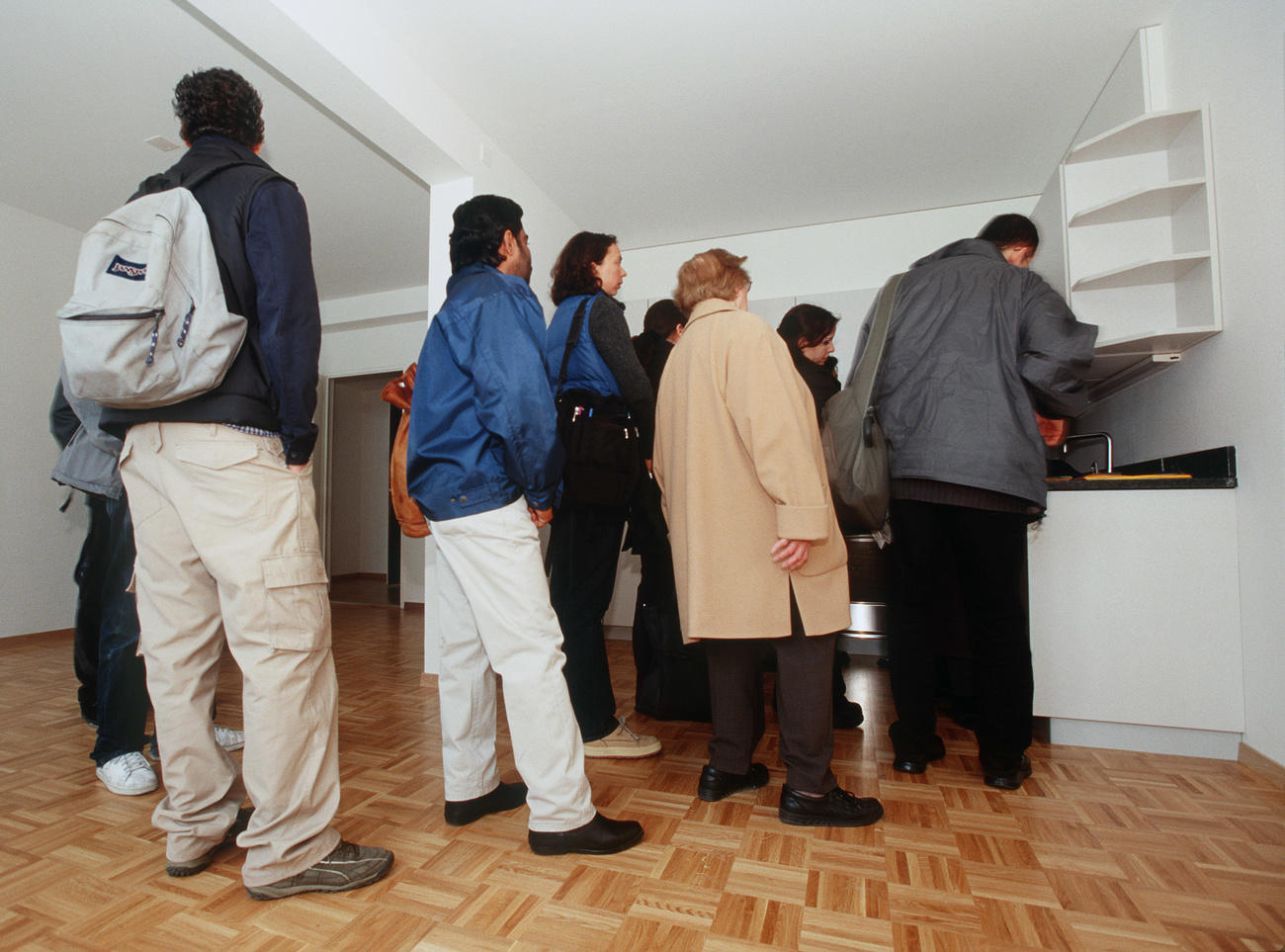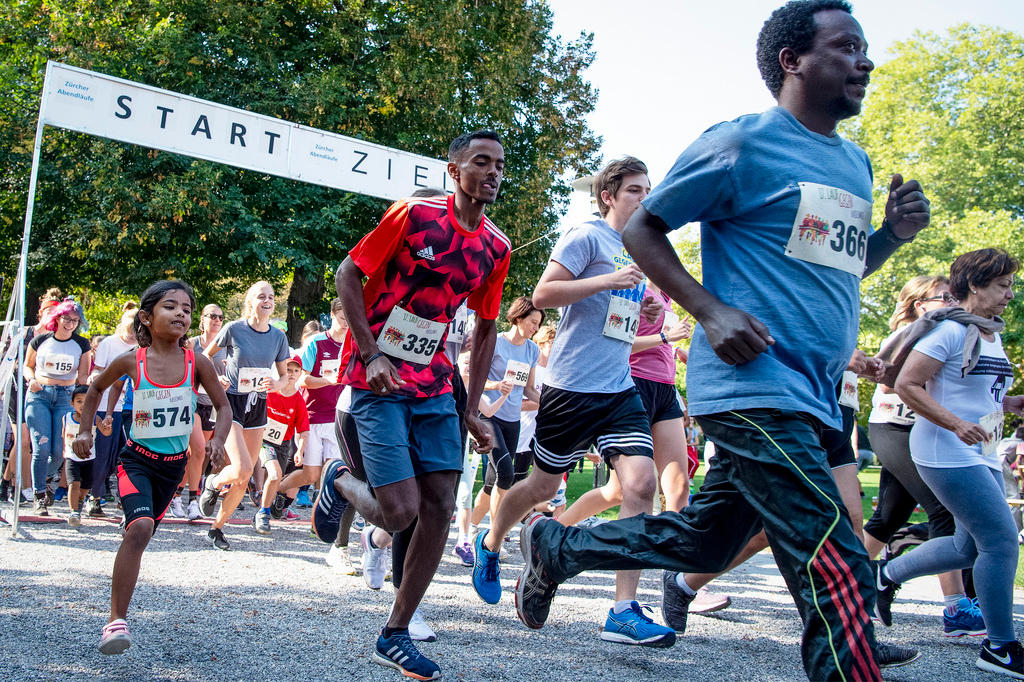
Foreign names impact chance of getting an apartment viewing

A study commissioned by the Federal Housing Office has found that some foreign-sounding names – especially Kosovar or Turkish – are less likely to be accepted for apartment viewings.
Anyone who has tried to find an apartment in Switzerland’s often-crowded market will know the drill: along with the (many) official documents, you write a cover letter, friendly and professional, and sign off.
However, a study carried out by the Universities of Geneva, Neuchâtel, and Lausanne on behalf of the Federal Housing Office has found that the name with which these letters are signed plays a big role in determining whether you’re actually invited to a viewing.
Researchers sent some 11,000 applications to real housing offers in Switzerland between March and October 2018, some of them using traditional Swiss-sounding names, others using foreign names from Germany, France, Italy, Kosovo, and Turkey.
Overall, “people with a Kosovar or Turkish name have a clearly lower chance of being invited to a viewing,” the authors – quoted in the SonntagsBlick newspaperExternal link – said.
The handicap, or discrimination, is particularly obvious when it comes to applications to view cheaper apartments rented by a private individual: at the lower end of the scale (CHF500-1000 [$506-1,012]), the difference in acceptance rate for Kosovar/Turkish names, compared to Swiss, French, German, or Italian is up to 10 percentage points.
There is also a direct correlation between the distance of the apartment from an urban centre and the chances of getting a viewing; the further away from a city, the less chance names such as “Arben Gashi” or “Yusuf Yilmaz” have.
Pierre, Valentina, and Hans in luck
Interestingly, the gap narrows as apartment prices get heftier, and at the top end of the scale (prices over CHF3,500 [$3,543]), foreign names were more likely to be invited to a viewing than Swiss names. According to SonntagsBlick, this reflects the fact that there is an “oversupply” of such expensive apartments in Switzerland; landlords are keen to rent to whoever possible.
As for French, German, and Italian names, these were more likely than both Swiss and Kosovar/Turkish names to receive a positive response at all levels.
And while the information platform humanrights.ch criticised the discrimination implied by the figures, the Federal Housing Office doesn’t see cause for immediate action, especially since the situation in Switzerland is no different to that in “comparable” countries.
“Studies like these can lead to better awareness [of such problems],” said the Office’s director Ernst Hauri. However, “specific measures are, in our view, not needed.”

More
Racism in Switzerland: An expat’s perspective

In compliance with the JTI standards
More: SWI swissinfo.ch certified by the Journalism Trust Initiative






























You can find an overview of ongoing debates with our journalists here . Please join us!
If you want to start a conversation about a topic raised in this article or want to report factual errors, email us at english@swissinfo.ch.